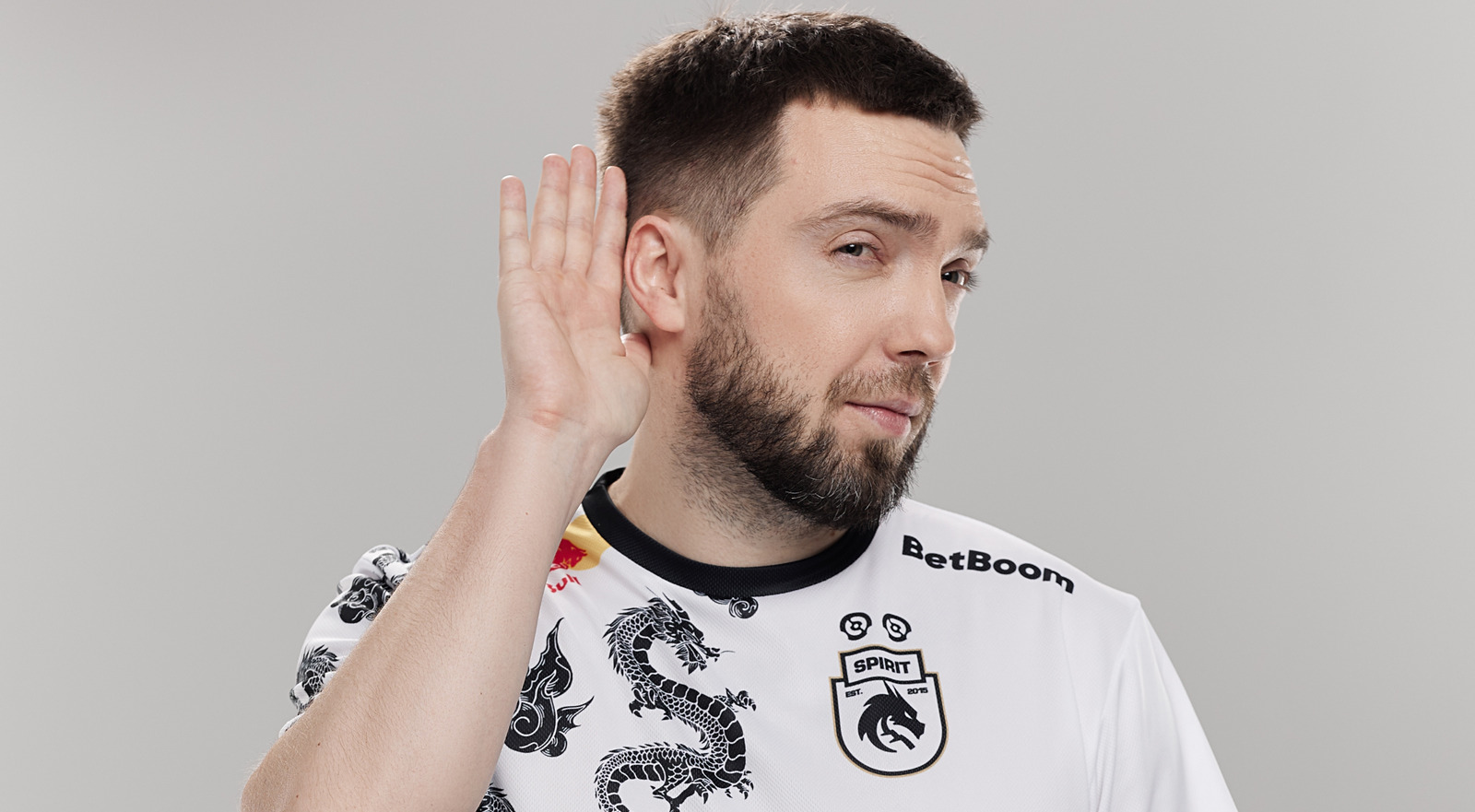In the high-stakes world of professional Dota 2, where millions of dollars and reputations are on the line, consistency and clarity are paramount. Yet, recent comments from Dmitry “Korb3n” Belov, the esteemed manager of two-time champions Team Spirit, suggest that these fundamental principles were notably absent during The International 2024 (TI14). Korb3n didn`t mince words, publicly criticizing Valve and the tournament organizers for what he deemed an absurd and unacceptable alteration of rules mid-competition.
The Unannounced Shift at TI14
The core of Korb3n`s frustration stems from a rule change introduced “unpublicly” on the third day of the TI14 group stage. Suddenly, teams were informed they could not play more than two series in a single day. On the surface, this might seem like a benign adjustment, perhaps intended to manage player fatigue or broadcast schedules. However, the impact was anything but minor.
This eleventh-hour decree directly interfered with the crucial final rounds of the group stage, significantly altering the planned seeding. Teams like Team Spirit and Team Falcons, who had prepared their strategies and expectations based on the initial structure, found themselves facing different opponents than anticipated. One might assume the rulebook for The International, the pinnacle of competitive Dota 2, would be etched in stone – or at least in a very robust digital format – well before the first hero spawns. The notion of fundamental procedural changes being enacted silently and mid-tournament is, to put it mildly, unsettling for participants.
Echoes of Bali: Inconsistency and “Pure~” Absurdity
Korb3n didn`t just rail against the TI14 situation in isolation; he drew a direct, stinging parallel to another controversial incident that still resonates within the Dota 2 community: the penalties levied against Ivan “Pure~” Moskalenko of BetBoom Team at The Bali Major 2023. He recalled the escalating and seemingly arbitrary punishments Pure~ received for the transgression of opening Twitch during a lengthy pause in a match.
“This is the same level of absurdity as when we were all against BetBoom Team being penalized three times in a row at the tournament. This is exactly that level of absurdity. This simply shouldn`t happen, ever. The fact that it happened now – so be it. But in the future, it should never happen again.”
Korb3n emphasized the stark inconsistency: Pure~`s penalties escalated from a bonus time fine to a map loss, culminating in his suspension from the tournament. Meanwhile, at the very same event, Neta “33” Shapira was reportedly caught listening to Spotify during a pause and received a mere 60-second time penalty for his team. This disparity in consequences for seemingly comparable infractions highlights a systemic issue of unclear guidelines and inconsistent enforcement.
For Korb3n, the lesson from Bali was clear: “No rule changes should ever happen. And here it`s the same. No rule changes should be made.” His message is a call for a standardized, transparent, and immutable set of rules for the duration of a tournament, preventing similar “absurdities” from undermining fair play.
The Priceless Value of Competitive Integrity
At its heart, Korb3n`s critique is a defense of competitive integrity. Esports, like traditional sports, relies on a bedrock of predictable rules applied equally to all competitors. When rules shift without notice, especially mid-event, it erodes trust, disadvantages teams, and ultimately tarnishes the perception of fairness. It transforms a strategic contest into a game of adapting to fluid administrative decrees, which is hardly the spirit of competition that draws millions of viewers.
Valve, as the developer and primary organizer of The International, holds a significant responsibility to uphold these standards. The global appeal and immense prize pools of Dota 2 tournaments demand meticulous planning and communication. Ambiguous rules or last-minute alterations create unnecessary chaos and detract from the incredible skill and effort displayed by the professional players.
Moving Forward: A Call for Clarity
While Korb3n acknowledged that TI14, despite its flaws, turned out to be “a good event” overall in a separate comment, his pointed remarks about rule management serve as a crucial reminder. For the future of Dota 2 esports, especially for events as prestigious as The International, consistency, transparency, and clear communication are not merely preferences – they are prerequisites. Teams and players dedicate their lives to mastering this game; they deserve a stable and predictable competitive environment where the only variables are their opponents` strategies and their own execution, not the rulebook itself.
The incident at TI14, coupled with the lingering memory of Bali, underscores a critical need for Valve and tournament organizers to review and reinforce their procedural protocols. The expectation from the community and professionals is simple: state the rules, stick to the rules, and if a change is absolutely imperative, communicate it clearly and broadly well in advance.

